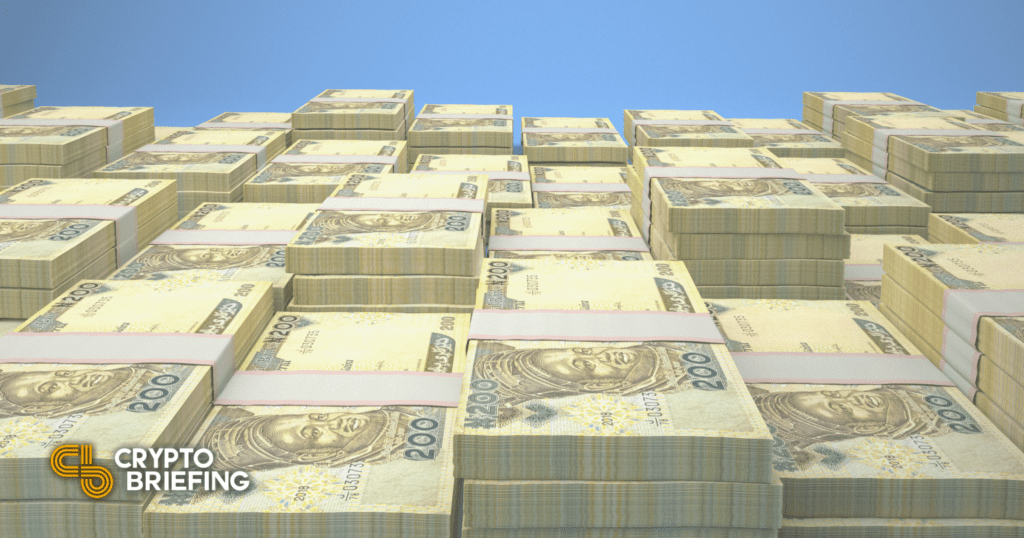
Photo: Maksym Kapliuk
Nigeria’s Bank Association Wants Binance Out Over Added Strain to Naira
Nigeria's ABCON has called for a ban on Binance operations, citing its growing influence as a potential destabilizing factor for the naira.
The Association of Bureaux De Change Operators of Nigeria (ABCON) expressed concerns on August 9 over the cryptocurrency giant, Binance’s “unfortunate” influence on the nation’s economy. A strong appeal was made to the Federal Government, urging them to consider a ban on Binance’s operations within Nigeria, the Nairametrics reported on August 9:
“So, we have to do something that can stop Binance. It’s a competition; we need to ban Binance and the only way to do so is if you have liquidity.”
Alhaji Aminu Gwadebe, ABCON’s President, underscored the cryptocurrency exchange’s powerful trading statistics: a staggering 1.2 million transactions per second. Such dominance, Gwadebe asserts, makes Binance a pivotal player, impacting both the formal Investor and Exporters window and the informal, or parallel, market.
In his remarks, Gwadebe noted:
“Spike and volatility did not start now, it’s something the present government inherited and has gone a long way in checkmating illegal behaviours around foreign exchange market and that is the objective of the unification.’’
Optimism seems to be waning in the face of these challenges as market trust dwindles. As Gwadebe highlighted, confidence in a nation’s currency is paramount. Factors like foreign exchange hoarding by banks and large oil entities only compound the pressure on the naira, the report noted.
This is not the first time Binance was in Nigeria’s crosshairs. The exchange had to delist multiple fiat-crypto pairs in Nigera in 2021 following the country’s ban on crypto bank payments, closing bank accounts of citizen’s who transacted with crypto:
“All [financial institutions] are directed to identify persons and/or entities transacting in or operating cryptocurrency exchanges within their systems and ensure such accounts are close immediately.’
One year later, Nigeria launches its eNaira central bank digital currency in order to advance “the boundaries of the payments system to make financial transactions easier and seamless.”
